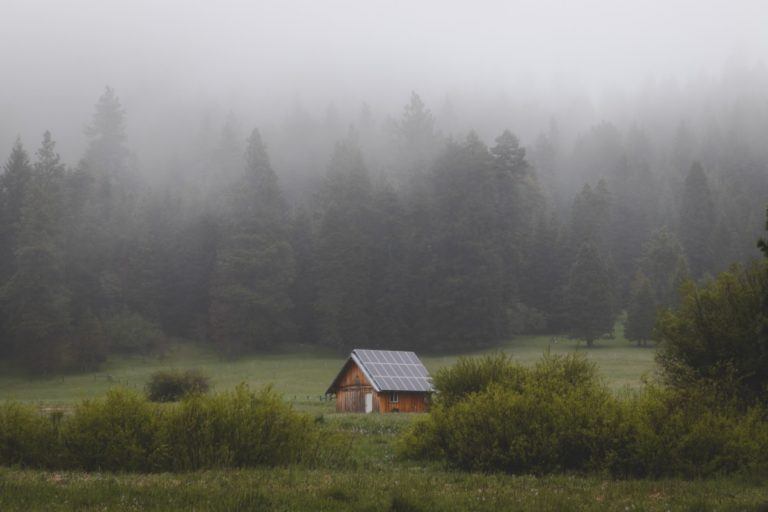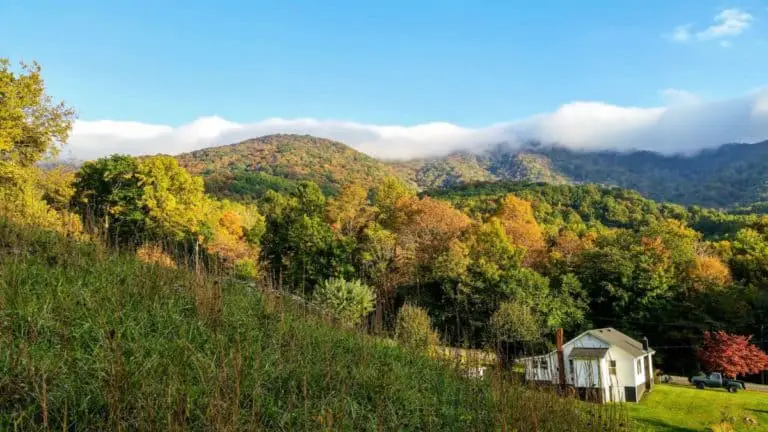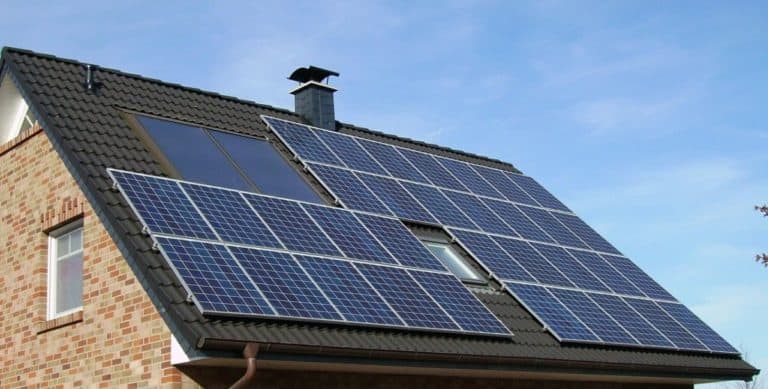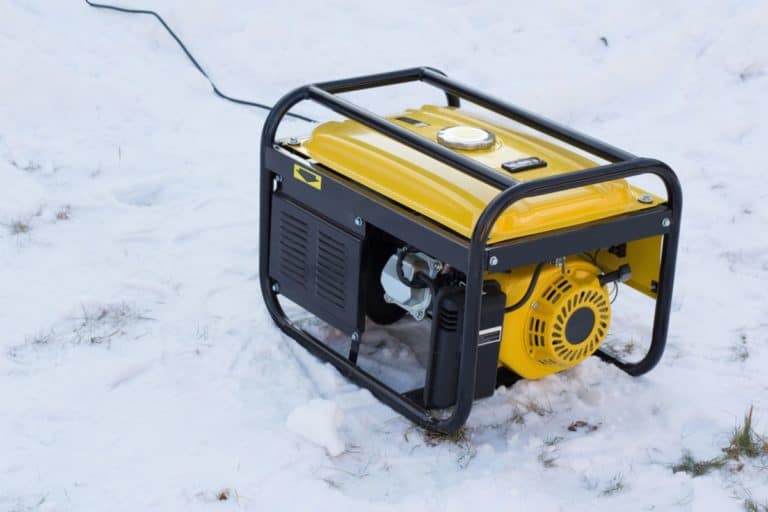Is Living Off the Grid Environmentally Friendly?
As a result of climate change, many people worldwide are turning to off-grid methods to be more environmentally friendly. But does going off the grid guarantee that you’re having less of an impact on the environment?
Living off the grid can help to conserve the environment if you adopt the right measures. For example, prioritize renewable energy such as solar power and minimize the use of a generator or wood burner. Growing your own food means that you will reduce your carbon footprint by not using imported crops.
In this article, you will learn how environmentally friendly living off the grid can be if you do it right.
Table of Contents
Is living off the grid environmentally friendly?
Living off the grid is environmentally friendly because most off-grid homes use renewable energy sources such as solar or wind power. This reduces reliance on more common energy sources such as fossil fuels, nuclear and biomass. As a result, the carbon emissions produced by living off-grid are likely to be lower than the average grid-tied home.
Also, some people who live off-grid grow their own food and aim to be self-sufficient. Consequently, they have a smaller carbon footprint because they consume less imported items, have a more respectful connection to their environment and reduce their carbon footprint.
You can calculate your own carbon footprint here.
However, disconnecting your home from the grid doesn’t automatically mean that you’re environmentally friendly. There are still off-grid appliances, tools and strategies that go against eco principles.

It’s unlikely that you’ll be able to remove everything that harms the environment from your life, but you can try to make the best choices. For example, propane heaters release low levels of carbon and have less of an adverse effect on the natural world that those fired with gas or wood. But, because propane is sourced from crude oil, it’s not as environmentally friendly as solar, wind, geothermal or hydro sources.
There are many situations where off-gridders opt for propane because it offers a reliable alternative to solar panels, particularly during long grey winters. It may not be the most environmentally friendly choice, but in some situations, it can still be the best choice.
Which off-grid energy sources are best for the environment?
Whatever your plans are when you go off-grid, you’re going to need energy in some form. There are many options available to you, but these three are the most environmentally friendly:
- Wind energy
- Solar energy
- Micro-hydro
Wind Energy Systems
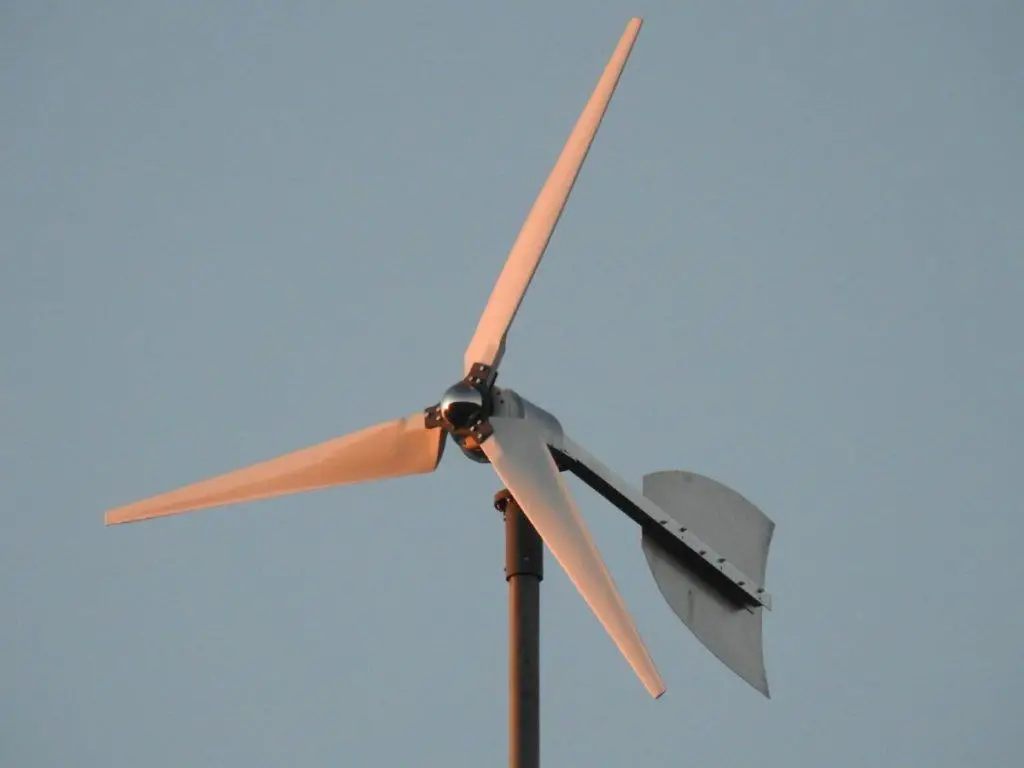
Wind energy systems rely on the wind to create power. The wind helps to rotate the turbines, which turns the generator responsible for creating the energy required. This energy is then saved in batteries for later use.
Wind energy is affordable, pollution-free, and able to supply your entire energy needs. Its popularity has been growing, and it accounts for 34% of renewable energy in use globally today.
(Source: Energy Matters)
Solar Energy Systems
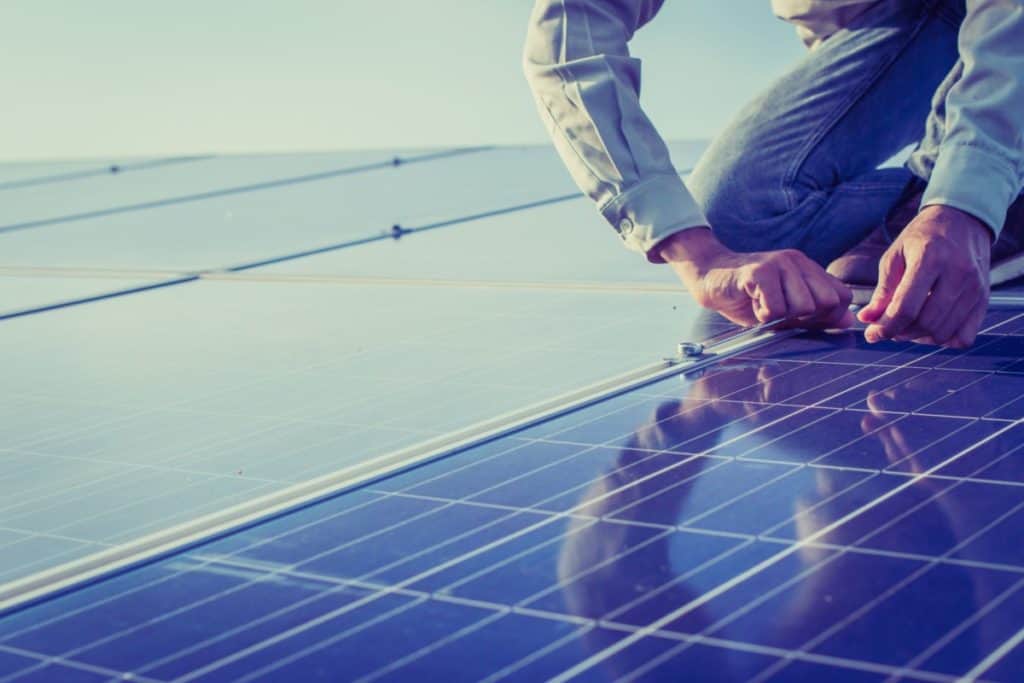
Solar energy systems rely on the sun to generate the required energy. Solar panels are lined with photovoltaic cells, which convert the light from the sun into electricity. This electric energy is usually saved in the DC format, which is later converted into AC.
Like wind energy, solar energy can also be stored in batteries for later use. It doesn’t rely on fossil fuels, making it clean and renewable energy. It accounts for 40% of renewable energy used around the world.
(Source: Infinite Energy)
Micro-Hydro Electric Energy Systems
The micro-hydro-electric energy system is a smaller version of the commercial hydroelectric energy system. It works best if there is water flowing through your settlement. The water helps to turn the turbine, which then transforms the energy into electricity.
The turbines need to be placed where the water force is highest and should be between where the water flows from the higher level to the lower level to maximize the pressure. An effective micro-hydro-electric system can generate from 10 to 100 kilowatts, which is enough to supply household energy requirements.
(Sources: Energy)
How Can You Deal with Waste When Living Off the Grid?
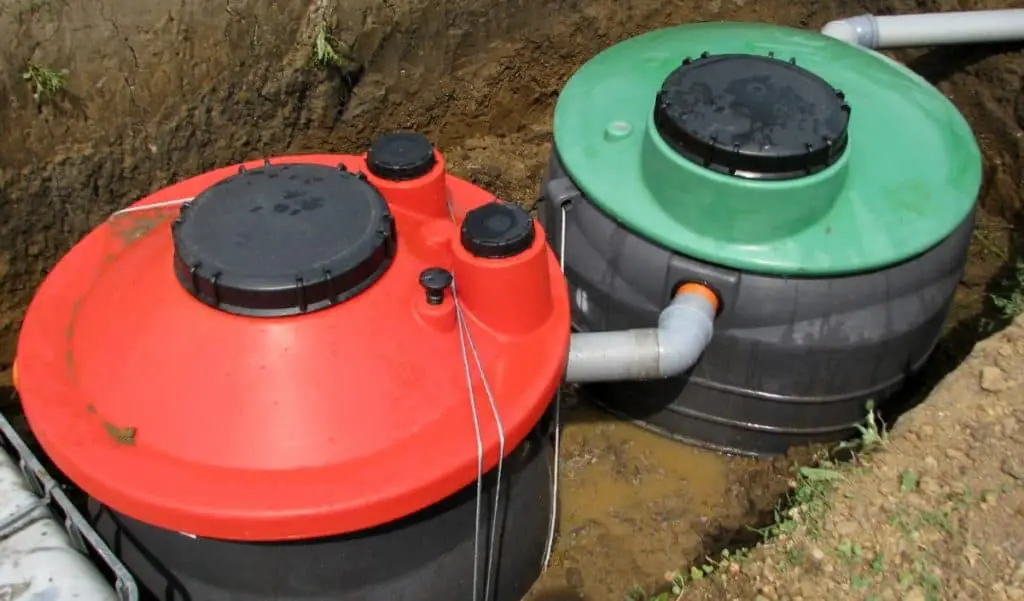
Lack of proper waste management can affect the environment in different ways. Without proper disposal of your waste materials, you run a risk of causing the following environmental effects:
- Awful Smell: A breath of fresh air is a luxury that everyone living off the grid enjoys. The awful smell from lack of proper waste disposal is something you should keep in mind at all times. To deal with this problem, all your waste materials should be contained in a garbage bin and disposed of immediately.
- Methane Gas: Waste materials might rot away with little effect, but an accumulation of such waste would lead to the generation of methane gas that can explode and is known to cause the greenhouse effect. The best way to prevent methane gas accumulation is by burying your waste materials deep in the ground.
- Polluting the Water Source: Some people living off the grid tend to dispose of their waste in a nearby water source. Waste materials contain chemical substances that, when combined with water, render that water unusable. Make sure not to dump the waste materials in any water source near you.
- Disease Outbreak: Other than affecting the environment, poor sanitation can also lead to disease outbreaks like cholera when the drinking water becomes contaminated. An effective septic tank is required to prevent waste materials from contaminating the drinking water.
To manage your waste on your own, the best method is to get a septic tank. A septic tank is used to handle your sewer and waste products without causing harm to the environment. It uses bacteria to break down any harmful substances before releasing them safely into the surrounding earth.
An effective septic tank requires three main components to function properly:
- A pipe from the house – Helps to carry waste from the kitchen, bathroom, and toilet to the tank.
- A septic tank – Holds the waste materials long enough for the solids to settle down; made of concrete.
- A drain field – Facilitates the wastewater’s movement for further treatment by the soil; the water is pushed toward the drain field every time new wastewater enters the septic tank.
(Source: Homeowner’s Guide to Septic Tank)
Environmentally-friendly farming methods
Raising animals and growing your own fruits and vegetables reduces your carbon footprint, but if you don’t take the time to learn the best methods, it can still harm the environment.
These methods will help you to minimize that effect:
- Use waste from animals for manure: Well-rotted animal waste works wonders as manure, and it does not affect the environment. Make sure to dry the manure before using it.
- Use leftovers from harvested crops to feed your animals: Avoid throwing away your leftovers after a harvest, as some of them can be used as a food source for your animals.
- Practice crop rotation: The last thing you need when living off the grid is to exhaust your land. To prevent this, you should rotate your crops to keep your soil fertile throughout the year.
Refrain from farming methods that would harm the environment. Some of these methods are:
- Using chemical fertilizers: Chemical fertilizers are not an ideal choice for farming. The chemical substances in them don’t wash away entirely, and they’re known to leak into the soil and any nearby water sources.
- Excessive use of pesticides: Pests can be a nuisance to any farmer, but there are many ways to eliminate pests without using pesticides. Rely on more organic methods.
In Conclusion
Living off the grid can be an excellent way to live a more eco-friendly life. When done correctly, it provides you with a chance to be self-sufficient and create a healthy lifestyle for your loved ones. It also helps to conserve the environment by reducing carbon emissions.
My Off-Grid Product Recommendations
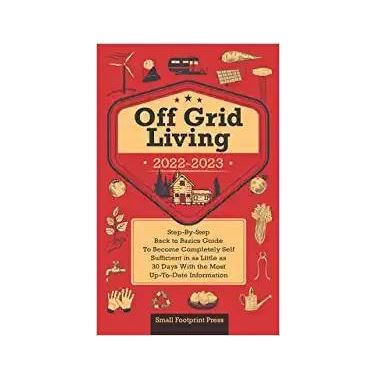
Useful Book: Off Grid Living 2022-2021 – This incredible step by step guide is a great read and gives you useful information about reaching self-sufficiency in just 30 days. Get the paperback on Amazon or read it free with a Kindle Unlimited subscription or listen to the audio version with Audible Plus membership.
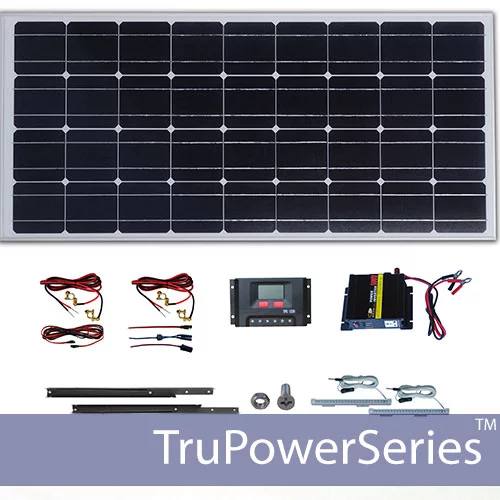
Small Solar Panel Systems: Silicon Solar – This is an excellent company that offers lots of products to get you started on your solar journey. Visit Silicon Solar.
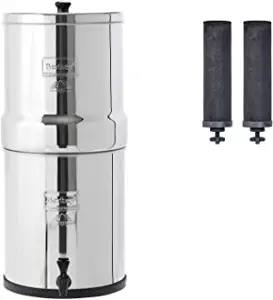
Family Water Filter: Big Berkey – For a fast, affordable water filter with no plumbing required, you can’t beat a Big Berkey gravity-fed filter like this one from Amazon.
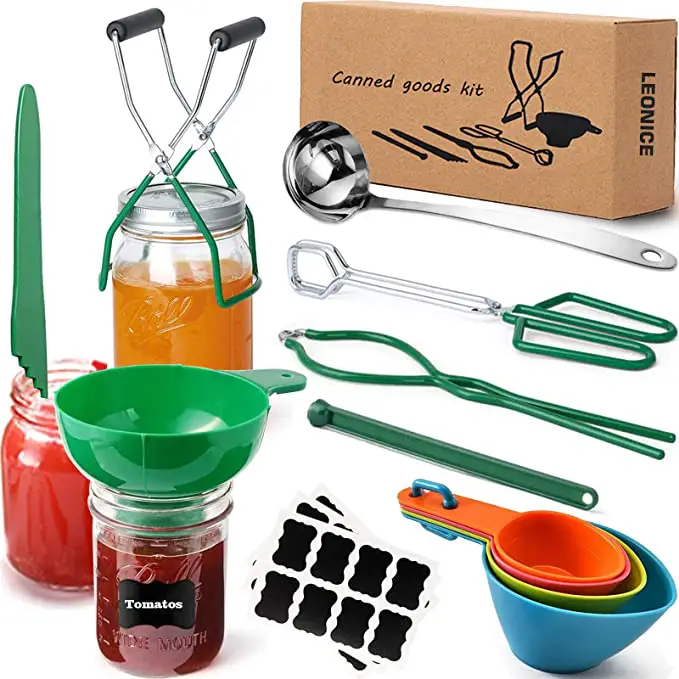
Canning Equipment – This canning starter kit, 22-quart Barton pressure canner and twelve-pack of Ball 16oz mason jars will help you preserve food as you work towards self-sufficiency.
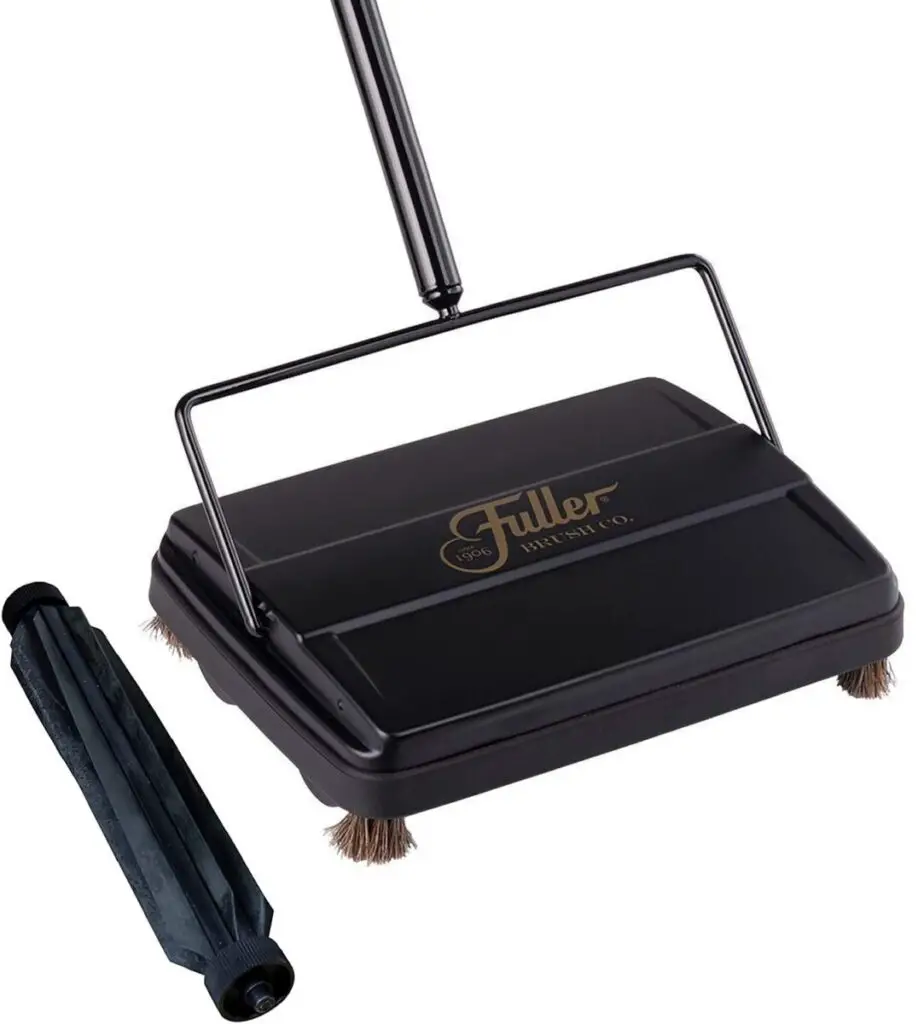
Cleaning: Fuller Carpet Sweeper –. This carpet sweeper is an ideal way to keep your home clean without using up your energy stores on vacuuming.

Handy Knife: Gerber Serrated Paraframe – This handy all-purpose knife is lightweight and ideal for all those little jobs around your home and garden.
Related Reading
If you’re looking for tools, equipment or reading materials, I have some other articles that you may find useful:


